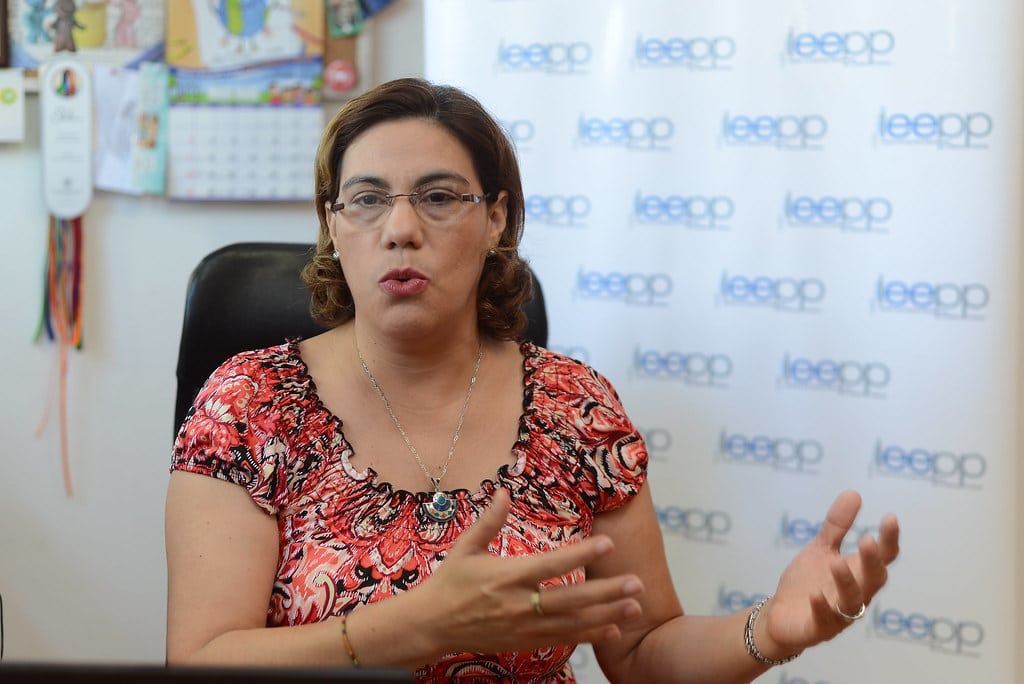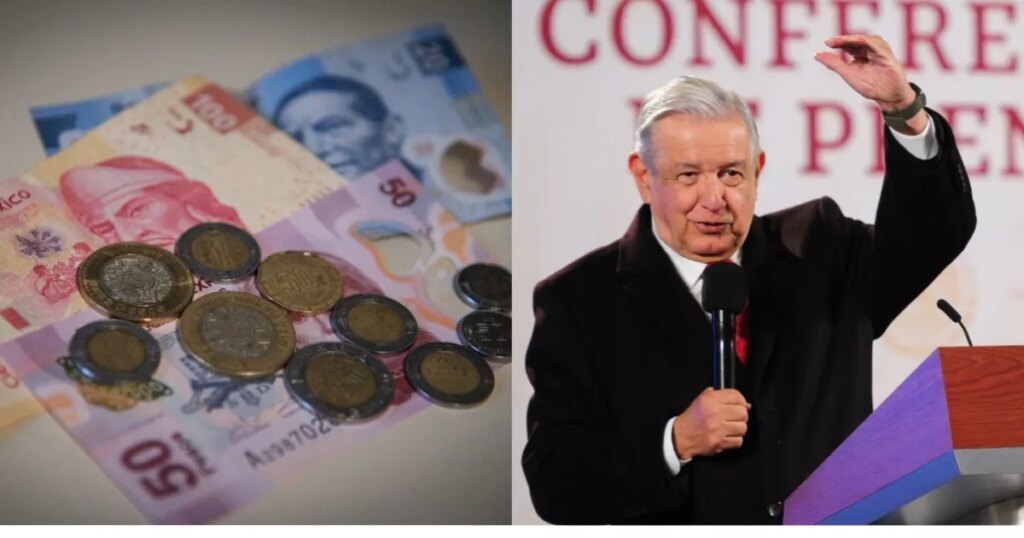The order to withdraw General Commissioner Adolfo Marenco Koreadeputy director of the Ortega Police and one of the pillars of political espionage in Nicaragua, obeys a reconfiguration of the circle closest to the power of the Ortega-Murillo regime, values the sociologist Elvira Cuadra, an expert in security issues.
Marenco Corea was replaced in the police leadership by the new deputy director Zhukov Serrano Pérez, an expert in “surveillance”, appointed to that position on Wednesday, November 23, after holding the post of head of National Intelligence for years. From this instance, Serrano Pérez has been key in the de facto police state imposed in September 2018, through which the rights of mobilization, assembly and association of Nicaraguans have been violated, among other public liberties.
“In these changes and withdrawals, there are various reasons. There are some that have to do with trust and loyalty, that is, they are removing people they no longer trust, and in other cases they have to do with acts of corruption that are no longer tolerable, even among themselves,” Cuadra said in an interview with journalist Cindy Regidor, broadcast on the television program Tonight.
Cuadra associated these changes in the police structure with the erosion that has been affecting Ortega for months, which also includes the discontent of public employees and the particular case of the Supreme Court of Justice, intervened in a series of political decisions by the FSLN Secretariat.
What does this decision to retire Commissioner General Adolfo Marenco imply?
In recent days we have seen how changes have been taking place in the entire circle of trust and loyalties of the Ortega Murillo couple. This transcends the Police itself, although it concerns an institution that has been very sensitive, because it has been one of the fundamental pieces in the policy of repression that has been imposed on Nicaraguan society, starting in 2018.
What we can see in the case of the Police, with the changes in the Judiciary, as well as the movements that have occurred in other people close to the circle of power, is that there is a reconfiguration. This is also related to this accelerated process of erosion at its base. The discontent is much more pronounced, broad and is reaching close circles.
Marenco was the chief of espionage. Does his departure mean a break with Ortega?
It is very difficult to know the causes due to the type of closure that exists in the information. There are various reasons for these changes and withdrawals. There are some that have to do with trust and loyalty, that is, they are removing people they no longer trust, and in other cases they have to do with acts of corruption that are no longer tolerable, even among themselves.
In other cases there is exhaustion involved, because some of these people are also of a certain age, who, in many cases, have health problems and the level of pressure, which means being within that circle of power, is quite high. .
The news comes two days after Commissioner General Zhukov Serrano, former intelligence chief, was appointed as the new deputy director. What is known about his career, would he occupy the position of Marenco?
When a position within the Police goes into retirement, it has to be filled with the person who is in the closest rank, in this case it is this officer. He is someone who comes from the same line of work. He has to continue fulfilling the functions that the deputy director had.
What repercussions do these changes have in that area (intelligence) that occupies such an important role in the repressive apparatus?
In principle, it should not mean any change, because what is being sought – at least according to the logic of the Ortega Murillos – is to maintain this system of surveillance and espionage on the population, working effectively for the purposes they have designed. They have it working. So that is really what they are going to ask of this new officer.
Why would this restructuring occur in these circles of power?
It has to do with this accelerated process of erosion of his support base, of his closest circle of loyalties. It is obvious that there are fissures that have reached that level and they are trying to strengthen that circle with people who have proven loyalty. From those who expect unconditional loyalty.
It is also important to say that as the police state becomes more radical, as the regime closes itself off and isolates itself from the international community, the circle tends to close, to become smaller. In this logic they have to reconfigure it, and pass through filters to people in whom they have identified some type of hesitation, and recompose it from people who are going to comply with that parameter.
What can be expected for the coming months from the role of the Police in this process of radicalization of the regime?
From my point of view it will continue. That police state is not accidental. It is the regime’s response to this generalized state of weakness that it presents. Their supporters are fewer and fewer, their circles of support are much smaller, discontent is deepening even within their ranks. So they are beginning to mistrust themselves.
We have seen the cases of dissidence and punishments that have been carried out with the well-known “Chinese Enoch”what happened in Jalapa, in the elections, Muelle de los Bueyes and other municipalities and towns in the country, as well as what we have seen in the Judiciary.
It is obvious that the exhaustion of the people, of public employees, is eating them up, and they are reconfiguring. The Police is one of its fundamental pillars in this case – those who manage the force. I am talking about the Army, the police, paramilitary groups, and the Judiciary, which is one of the institutions through which “traitors to the homeland” are punished. These are key pieces within the machinery and the support of the regime as such.
The colleagues from Expediente Público revealed that the Police will increase 88% of its budget between 2015 and 2023. Next year they will allocate 120 million dollars, how will these funds be used?
The Army and Police budgets have always been quite tight. Under the pretext that it is classified information and national security. Many times the specific distribution of the items is not known. There is an important part that goes to salary, another is going to be used in operating expenses.
The reason that these two items are some of the main ones has to do with… to maintain these surveillance devices, terrorize the population, and carry out repressive activities, then quite a few resources are required. Surely to those headings it is directed.















